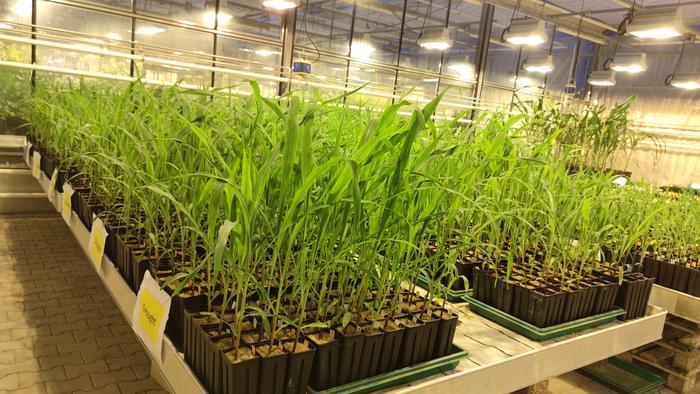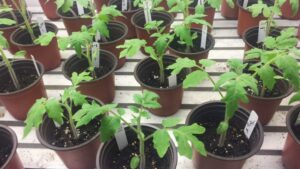Genetic makeup of maize offers new pathways to enhance stress resilience and crop breeding
Plants rely on bacteria and fungi in the root zone for nutrient absorption and protection against harmful organisms, much like the human gut microbiome. A study led by the University of Bonn and involving the IPK Leibniz Institute found that a maize plant’s genetics significantly influence its root microbiome composition. Stress conditions like nutrient or water deficiency also affect the microbiome. The research, which analyzed 129 maize varieties, showed that specific maize genes interact with certain bacteria, impacting the plant’s ability to cope with stress.
“It was shown that the root microbiome is strongly dependent on stress conditions such as nutrient or water deficiency,” said Yong Jiang, one of the first authors of the study and a scientist in IPK’s research group “Quantitative Genetics,” in a news release about the study.
Under stress, the presence of Massilia bacteria in the root zone increases, enhancing the plant’s nutrient and water uptake by promoting lateral root formation. This interaction is facilitated by the plant’s production of flavones, which attract Massilia bacteria. The study also found that a maize plant needs a microtubule-binding gene to effectively utilize this mechanism.
The research showed that the genetic material’s role in the root was revealed under stress conditions. Nutrient and water deficiency also influenced the composition of the microbes. However, under the same stress conditions, differences in the microbiome of the maize varieties were nevertheless revealed.
“The centuries-long selection of maize varieties adapted to the local climate led to very different genotypes, which we were able to use for the study,” said Dr. Peng Yu, University of Bonn Functional Root Biology junior research group head. “We have shown that certain maize genes interact with certain bacteria.”
Yu added for the study, the team “opened up the toolbox of quantitative genetics for microbiome research. We were surprised by the large proportion of the genetic component in the formation of the microbiome.”
Yu said the results can be used by both science and breeding.
“They can serve as a basis for investigating further agroecological issues and for developing new maize varieties that are better adapted to climate change based on the genome and microbiome data,” he said.













